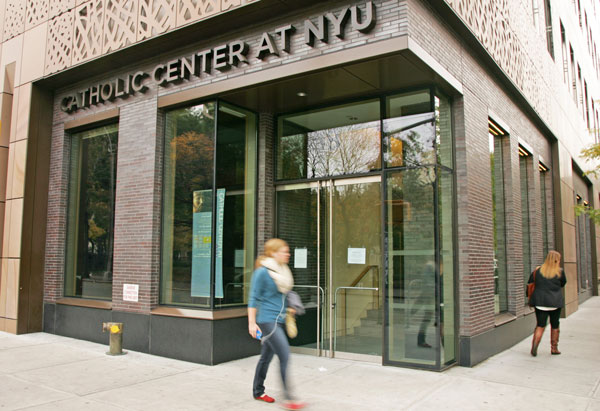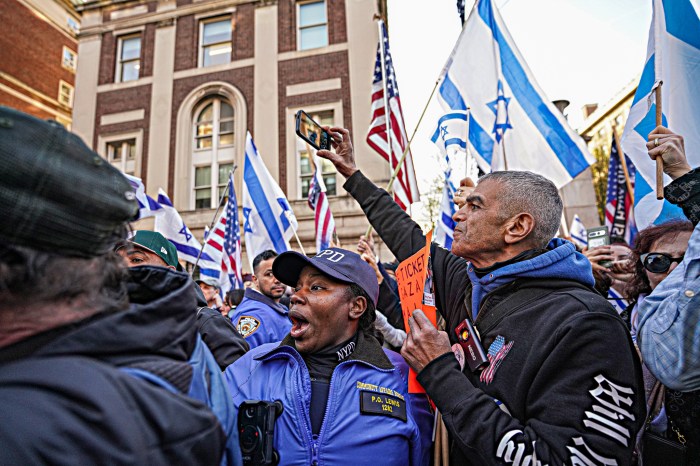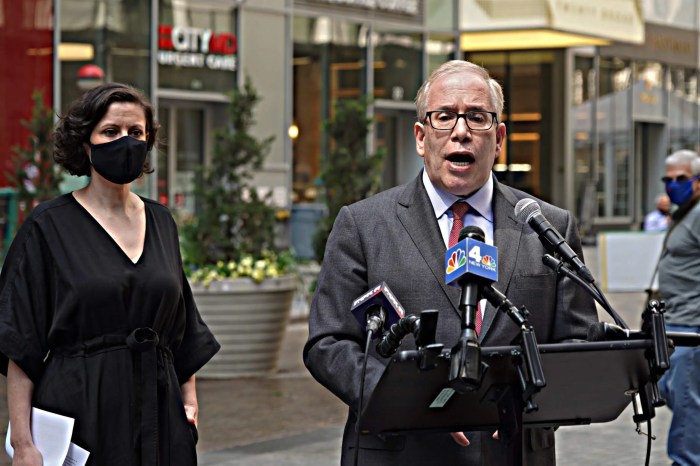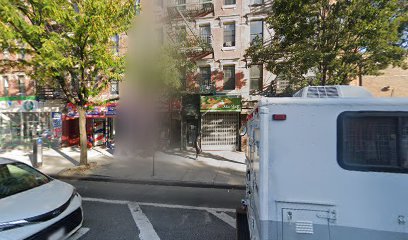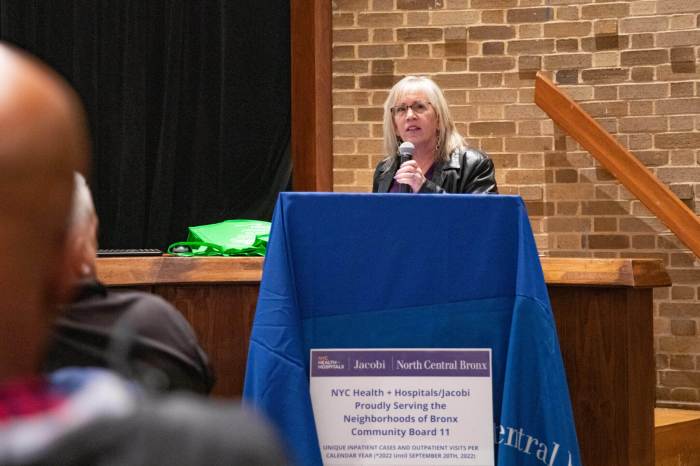BY PASHA FARMANARA | In the 1980s, American college students pressured their schools to divest from apartheid South Africa, helping hasten the fall of that country’s racist regime. Now, a new divestment movement is growing on campuses, demanding divestment from fossil fuel companies.
On Thurs., Nov. 14, N.Y.U. Divest: Go Fossil Free held a panel forum on the issue at the university’s Brittany Hall residence.
N.Y.U. Divest: Go Fossil Free’s main objective, as stated on its Web site, is for the university to “freeze any new investment in fossil fuel companies, [and] divest from the top 200 publicly traded and government owned fossil companies,” in an effort to protect the earth from global warming.
More than 60 students attended. Speakers included Reverend Lennox Yearwood, president of the Hip Hop Caucus; Dr. Sean Sweeney, director of Cornell’s Global Labor Institute; Seth Yurdin, a Providence, Rhode Island, city councilmember; and Professor Bill Hewitt, from N.Y.U.’s Center for Global Affairs. The panelists made it clear divestment is imperative to fight climate change.
There are currently 497 divestment campaigns in the U.S., most taking place at major universities. N.Y.U. Divest hopes to pioneer fossil fuel divestment, and lead all these campaigns by example.
“It is critical for N.Y.U. Divest, Harvard and Brown to lead this movement, to be at the forefront, to be making decisions, and to be getting resources and infrastructure to lead this process,” Yearwood said.
Each of the speakers made it clear that the threat of global warming is real and dangerous.
“If we don’t correct this, it will cause humanity to cease to exist how we know it now,” Yearwood stated.
Sweeney noted the enormity of the targeted companies and all the violations they have committed on their path to profits.
“The fossil fuel industry is responsible for systematically violating human and labor rights around the world in a way that oppresses the very communities that will be most affected by climate change,” Sweeney stressed. “Divestment is as much about protecting our own communities as it is about making a statement that we will not allow such injustices.”
Sweeney debunked claims that there is no alternative to fossil fuels, noting that a clean energy society “looks a lot like Denmark or Germany today.”
N.Y.U. Divest has met with the university’s vice president and C.F.O. to discuss their cause. However, the group has not yet been able to speak to President John Sexton on the topic, despite having written and published on their Web site two letters addressed to him.
Also in the Village, The New School’s University Student Senate has already passed a divestment resolution, which, according to activists, may well be accepted by the school’s administration.
New School spokespersons did not return calls for comment.
Like The New School activists, N.Y.U. Divest is working within the university government framework to pass a resolution on the issue. The group recently presented its argument to N.Y.U.’s Student Senate Council, and will present to the Faculty Senate Council in December.



